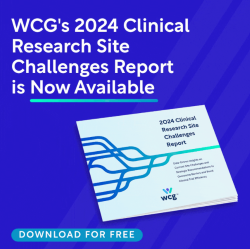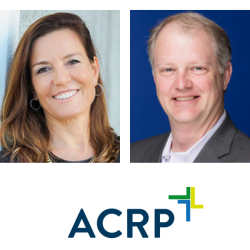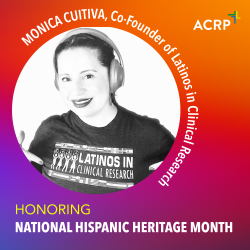This is a sponsored message. The clinical research industry plays a vital role in advancing medical knowledge and improving healthcare; however, the increasing complexity of clinical trials has created a […]
Just when it seemed as if decentralized clinical trials (DCTs) were in danger of becoming “yesterday’s news” in light of all the attention being paid lately to applications of artificial intelligence in the clinical research enterprise, the tables have turned, if perhaps only briefly, thanks to the release of finalized new U.S. Food and Drug Administration (FDA) regulatory guidance on DCTs.
The increased accessibility of generative artificial intelligence (Gen AI) models like OpenAI’s ChatGPT and DALL-E has captured the popular imagination. You’d be hard-pressed now to find any leadership team in any sector that isn’t at least considering ways to leverage Gen AI.
To comply with the 21st Century Cures Act,1 the U.S. Food and Drug Administration (FDA) has released two Notices of Proposed Rulemaking (NPRMs). NPRMs are the initial public notice of a proposed change to federal regulations. These two NPRMs are intended to harmonize the FDA institutional review board (IRB) and informed consent regulations with the Federal Policy for the Protection of Human Subjects (the “Common Rule”) to the extent possible.
The clinical research industry is increasingly recognizing the need for diversity, especially as it relates to the Latino population and other minorities. Latinos are playing a growing role, both as professionals and participants, but significant challenges remain that must be addressed, including the lack of enough professionals who reflect the communities we are trying to serve.




